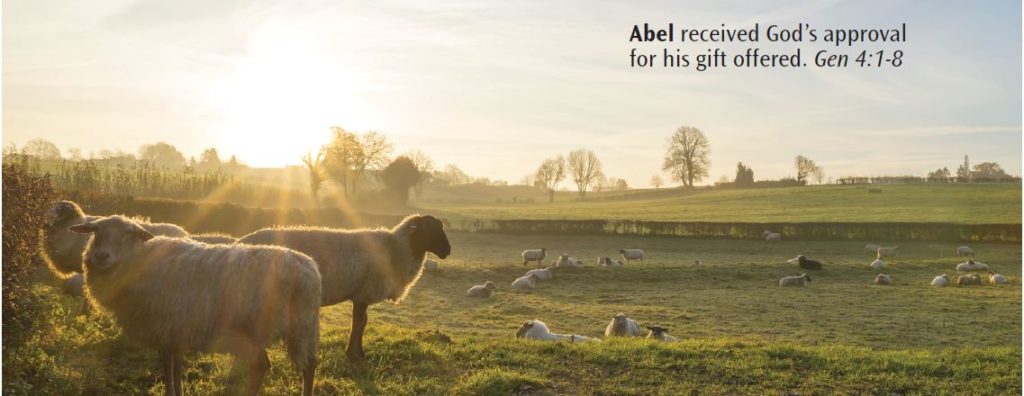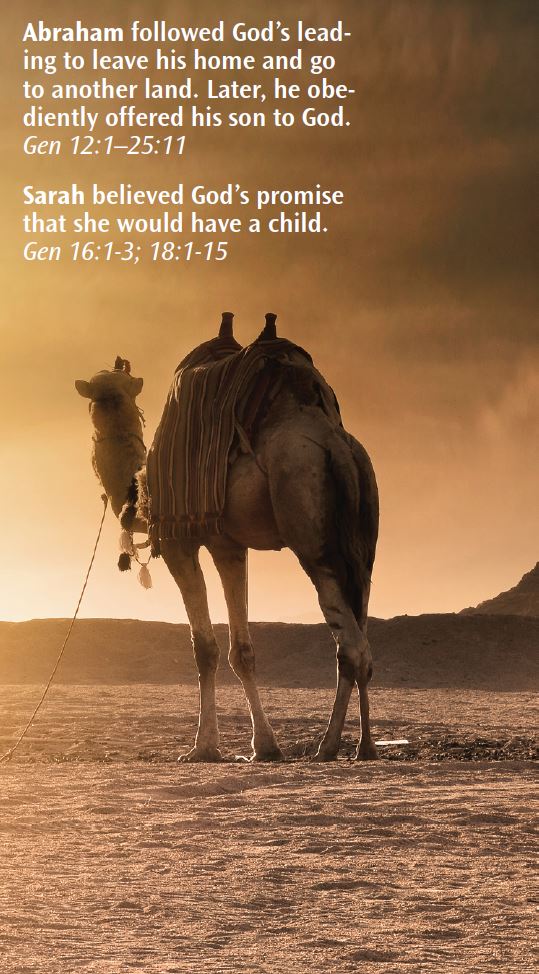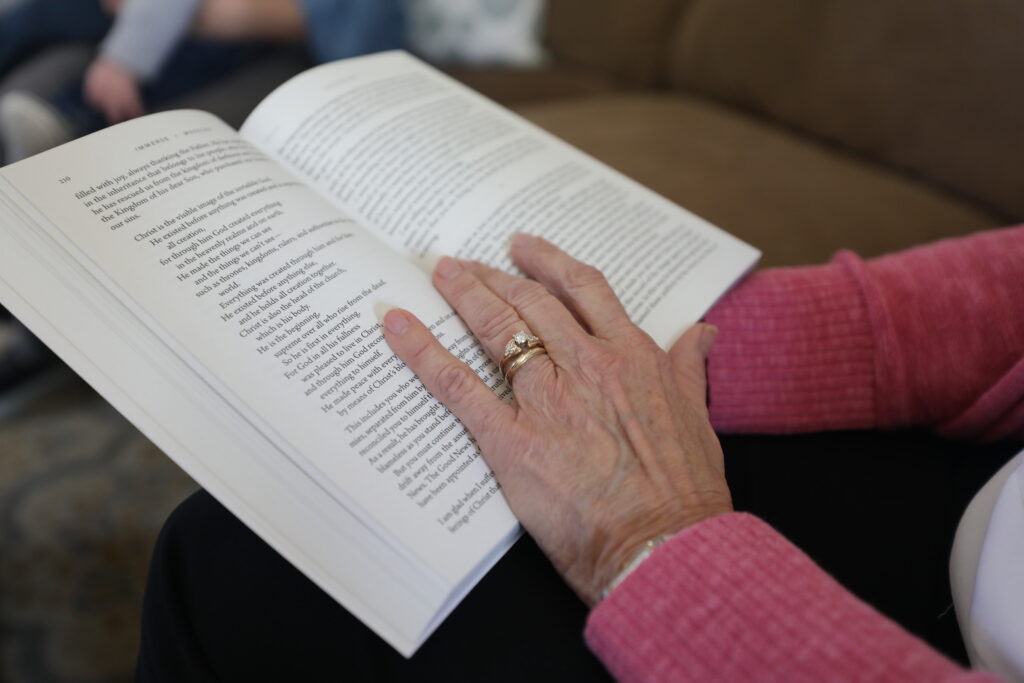By Paul Caminiti, Institute for Bible Reading
Around 538 BC, the nation of Israel limped home. After
seventy years of Babylonian captivity, they returned to Judah to find Jerusalem
in ruins. The wall was torn down, the gates were destroyed, and the Temple was
little more than a pile of rubble. Nehemiah weeps when he learns of the
condition of the city.
The people are disoriented. The glory days of David and
Solomon are long gone, and their once world-class city is a shell of its former
self. They rebuild the Temple, and those old enough to remember the glory of
the first Temple weep tears of mourning. Nehemiah rebuilds the walls and gates
surrounding the city, but reality bites. The once-proud superpower has been
reduced to a third-rate nation with no king, no army, and no treasury.
Then something amazing happens. Once the basic
infrastructure is set up, the people come to Ezra, their chief priest, with a
request.
“In October, when the Israelites had settled in their towns,
all the people assembled with a unified purpose at the square just inside the
Water Gate. They asked Ezra the scribe to bring out the Book of the Law of
Moses, which the Lord had given
for Israel to obey” (Nehemiah 7:73–8:1).
Although the walls and the Temple were standing again, the
people sensed that something was still broken: themselves. They believed that
healing would come through re-immersion in their Story. Ezra responded
immediately by organizing a corporate day of Scripture reading.
“He faced the square just inside the Water Gate from early
morning until noon and read aloud to everyone who could understand. All the
people listened closely to the Book of the Law” (Nehemiah 8:3).
Church in the Age of
Coronavirus
The COVID-19 virus hardly needs an introduction. Over the past
few months our lives and habits have been upended. Words like “crisis” and
“pandemic” flood our thoughts and our imaginations. We’ve been isolated, cut
off from our friends and loved ones, and even spent many weeks unable to even
gather for worship on Sundays.
During this time, pastors scrambled to create infrastructures
with which to “do church” during these strange and unsettling times. And though
slowly we are coming out of isolation, what has been discovered is that
returning to “normal” will look different.
During those lonely days, technology helped us to piece
together a vague sense of community; it was and continues to be a difficult
season of change. Infectious disease specialist Michael Osterholm said while
many view the crisis as a “blizzard” that must be waited out with extreme
measures for a short period of time, the more appropriate response is to view
it as the “beginning of winter.” While the ultimate severity and longevity are
unknown, many indicators point toward a likely scenario: things are going to be
different for a while.
In their moment of uncertainty and disorientation, the
nation of Israel turned to their Scriptures to remember their identity, to
recount God’s promises and his rescue, and to be reminded of the kind of people
they were called to be. During the winter of coronavirus, could the Body of
Christ do something similar?
Returning to Our
Story
Shaken from our usual routines and frenetic pace, the virus
has given the church an opportunity to evaluate. What can “church” look like in
an ever-changing world? Like Israel, we’re faced with a bit of a blank slate.
Like Israel, we can choose to return and re-focus on our founding Story told in
the Scriptures. A modern-day Ezra Moment, if you will.
To help, we’ve created “Immerse from Home”—a completely free downloadable resource that includes everything you need to (virtually) gather in community for a two-week book club reading of Luke-Acts.
Originally intended as Volumes 1 and 2 of the same
combined story, Luke-Acts comprises a quarter of the New Testament. In a period
of uncertainty and anxiety, what could be more orienting and grounding than the
story of Jesus and the story of the early church?
If you and your group enjoy the Luke-Acts experience, you can continue reading the New Testament together using Immerse: Messiah. If you live in the U.S. there is a 20% off discount on ImmerseBible.com
The Beginning of
Something New
In his wisdom, Ezra understood that an emotional one-off
event wasn’t sufficient and that he needed to create a comprehensive plan for
sustainable rhythms of immersion in the sacred texts. The Scripture Reading
Marathon became a turning point for the nation, but only because it was a
starting point.
Nehemiah goes on to tell us:
“On October 9 the family leaders of all the people, together
with the priests and Levites, met with Ezra the scribe to go over the law in
greater detail” (Nehemiah 8:13).
In the same month, during the Festival of Trumpets, “Ezra
read from the Book of the Law of God on each of the seven days of the festival”
(Nehemiah 8:18).
“On October 31, the people assembled again. . . . They
remained standing in place for three hours while the Book of the Law of the Lord their God was read aloud to them”
(Nehemiah 9:1, 3).
For the first time in their history, the Scriptures became
central to Israel’s way of life. Synagogues, created expressly for the public
reading of Scripture, sprang up throughout Israel. Scattered song lyrics from
David, Moses, Asaph, and others were compiled for the first time into the
Psalms. By the first century AD, young boys between the ages of 6 and 10 were
expected to memorize the Torah.
So we ask: could the COVID-19 virus instigate an Ezra
Moment? Could we take this opportunity to re-immerse ourselves in our Story?
We invite you to take action. To try something new—and
ancient. Pastors, call your congregations into this experience. Small group and
Bible study leaders, challenge your groups to a two-week commitment. Regular
“Joes” and “Janes,” try this with your spouse or your kids (use the Family
Guide for younger kids) or invite some family and friends to weekly Zoom calls.
Invite that one coworker or neighbor whom you’ve never felt comfortable
inviting to a Bible Study.
As the Scriptures washed over the nation on that first day
of reading, the people began to weep. It’s unclear why—perhaps because they
hadn’t heard the Word in so long, or perhaps because they’d never heard it at
all. Perhaps because they were overwhelmed by guilt as they realized just how
far they had strayed from their calling. Regardless, guilt and shame would not
have the final say. Nehemiah jumps up and addresses the people:
“Don’t mourn or weep on such a day as this! For today is a
sacred day before the Lord your
God. . . . Go and celebrate with a feast of rich foods and sweet
drinks, and share gifts of food with people who have nothing prepared. This is
sacred day before our Lord. Don’t be dejected and sad, for the joy of the Lord is your strength!” (Nehemiah
8:9-10).
“So the people went away to eat and drink at a festive meal, to share gifts of food, and to celebrate with great joy because they had heard God’s words and understood them” (Nehemiah 8:12).
Learn more at Immerse: The Bible Reading Experience
Learn more about the Institute for Bible Reading


























Recent Comments